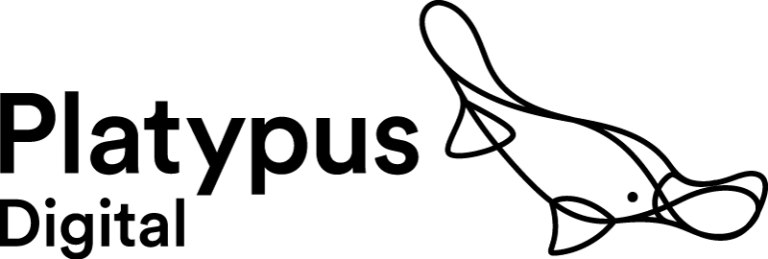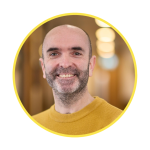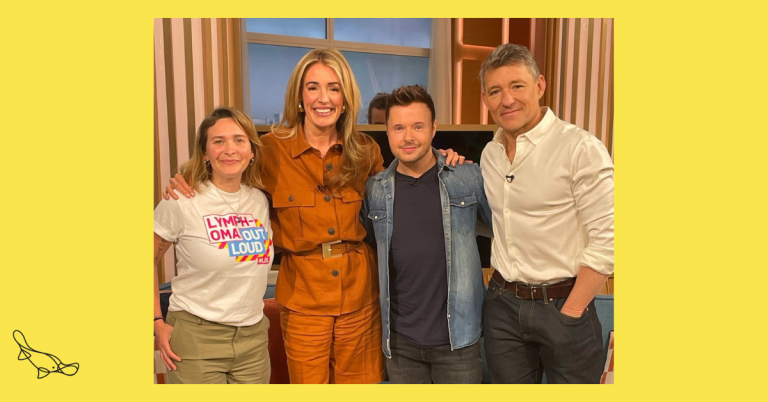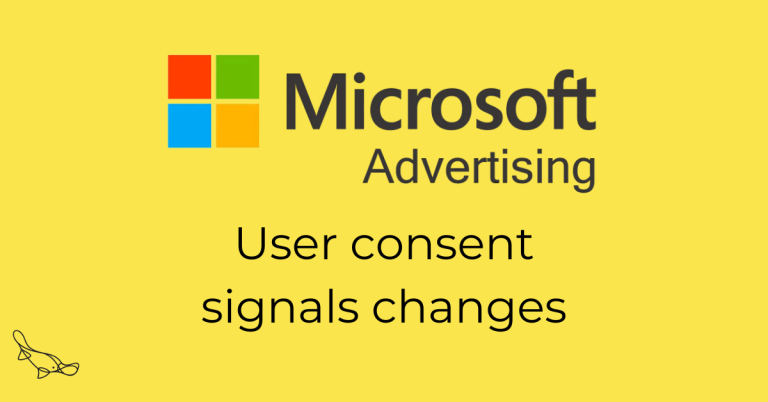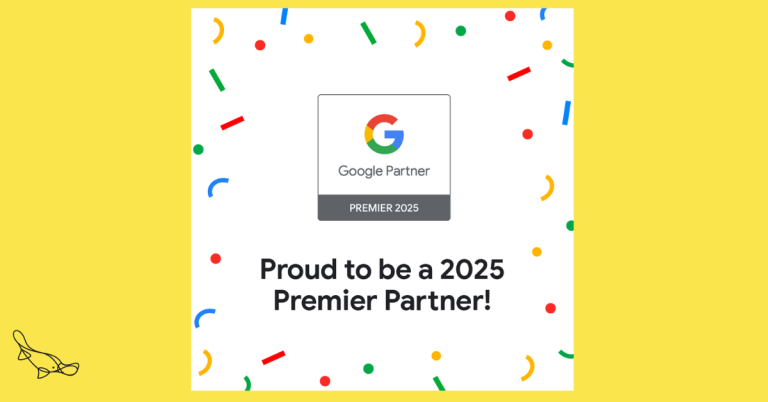Our purpose as an agency is to deliver positive change through digital marketing.
We’re also in the process of becoming a registered B Corp. So we want to be open about the positive impact we have in the world and where we need to do more.
This report summarises our impact using the United Nations Sustainable Development Goals (SDGs). These 17 goals were adopted by all United Nations Member States in 2015 as a shared framework for peace and prosperity for people and the planet. So they’re a well recognised way for us to report our positive impact on the world.
This report is not a fancily designed PDF document, as you can see. That’s because it’s primarily a report on our impact, not a bit of marketing material. We also want it to be easily readable on all kinds of devices, and making it a blog post does that better than a PDF.
Summary
We deliver positive change in two ways – through our work for our charity clients, and in how we work as a company.
Within the SDGs, we have by far the biggest impact in SDG3 – Good Health and Wellbeing. Most of our client work is done through this goal, and much our impact as an agency comes through this goal.
We had the least impact (pretty much none in fact) in these SDGs:
- SDG7 – Affordable and clean energy
- SDG9 – Industry, innovation and infrastructure
- SDG12 – Responsible consumption and production
- SDG14 – Life below water
- SDG15 – Life on land
- SDG16 – Peace, justice and strong institutions
- SDG17 – Partnerships for the goals
Attribution
While we are reporting our impact via our clients, it’s worth saying that we can’t take credit for everything our clients achieve.
Attribution is tricky in digital marketing, especially when we only worked on one channel for a client.
They may have delivered the impact without our help. There were definitely other things they did to help achieve what we did do for them.
Of course we like to think we played a big part, but it’s just worth noting that attribution can be tricky in reports like this.
Our impact as an agency
Charity donations
Every permanent Platypus employee gets £1,000 to donate to the charity of their choice each year. This is a long-standing commitment.
These are the charities they went to in 2020-21. Most of the charities work across multiple SDGs, so we’ve included the main one in brackets.
We donated to:
- Women’s Aid (SDG5 – gender equality), who are at the forefront of shaping and coordinating responses to domestic abuse (even more important during coronavirus and lockdown)
- Solace Women’s Aid (SDG5 – gender equality), support women and children in London to build safe and strong lives free from male abuse and violence.
- Sufra NW (SDG 2 – zero hunger) addresses both the causes and consequences of extreme poverty, homelessness and social isolation in the community, and run a food bank, community kitchen and other services.
- Southwark Food Bank (SDG 2 – zero hunger) have been making contact-free deliveries for people in the borough who are unable to buy food throughout coronavirus.
- Trussell Trust (SDG 2 – zero hunger) supports a nationwide network of food banks that provide emergency food and support to people locked in poverty, and campaign for change to end the need for food banks in the UK.
- Freshfields Animal Rescue (SDG15 – Life on land) care for abandoned, abused and unwanted domestic and small farm animals along with sick and injured wildlife.
- Muslim Youth Helpline (SDG3 – Good health and wellbeing) – provide pioneering faith and culturally sensitive services to Muslim youth in the UK.
- Lymphoma Out Loud (SDG3 – Good health and wellbeing) is run by our search marketing exec Charlotte. They educate, empower and ensure everyone knows the signs and symptoms of lymphoma.
- CALM (Campaign Against Living Miserably – SDG3 – Good health and wellbeing) is leading a movement against suicide, the single biggest killer of men under 45 in the UK.
10% time
We allow our team members to spend up to 10% of their working week working pro bono for a charity of their choice.
The idea is to have some impact for small charities that otherwise wouldn’t be able to afford such support, have a perk for Platypus team members and give team members a chance to learn new skills.
10% time is treated with the same input and support from the rest of the team as paid clients.
Not all small charities have the time they need to invest in a programme like this. There are peaks and troughs in the work itself. Some relationships have ended and new ones have not started.
So the total time we’ve donated to small charities in the programme is a good bit less than 10% of all our time.
Our impact through client work
Most of our impact for the SDGs comes from our work on behalf of charity clients. We spend many hundreds of hours each month delivering digital marketing campaigns and strategy work for them.
Here are the goals we have contributed to through our client work.
SDG 1 – no poverty
Client work
We do paid search and paid social campaigns for international development charities like Concern Worldwide UK and Sightsavers. They work hard to reduce poverty worldwide.
Our impact included:
- Raising hundreds of thousands of pounds in cash and regular donations for those clients.
- Promoting the often life saving information, like child protection and advice for young carers
- Getting hundreds of fostering enquiries for Barnardo’s, creating families and supporting young people
- Getting more professional referrals and helpline calls for Barnardo’s
Risks
There is a low risk of us harming this goal through our work as an agency.
We have a policy of paying staff at or above market rate, we have a monthly work from home allowance, a monthly wellbeing allowance, and a profit share scheme that started in this period.
We do use freelancers. While we work with most of them a lot, the very nature of freelance work means we could contribute to unstable work that isn’t guaranteed and has no entitlement to paid leave.
SDG2 – Zero hunger
We work for international development clients like Concern Worldwide UK and in this period, Islamic Relief UK.
We helped by
- Promoting their information on global hunger and malnutrition to tens of thousands of new people
- Raising hundreds of thousands of pounds in virtual gifts income and cash gifts
- Recruiting new challenge events participants to raise money for those charities.
We donated £3,000 to this SDG via:
- Sufra NW (SDG 2 – zero hunger) addresses both the causes and consequences of extreme poverty, homelessness and social isolation in the community, and run a food bank, community kitchen and other services.
- Southwark Foodbank (SDG 2 – zero hunger) have been making contact-free deliveries for people in the borough who are unable to buy food throughout coronavirus.
- Trussell Trust (SDG 2 – zero hunger) supports a nationwide network of food banks who provide emergency food and support to people locked in poverty, and campaign for change to end the need for food banks in the UK.
SDG3 – Good health and wellbeing
This is by far our biggest area of impact.
We work with cancer charities like Young Lives vs Cancer, mental health charities like Mental Health Foundation and physical health charities like Versus Arthritis.
Our impact included:
- Helping fund The Bike Project’s work with refugees by selling their second-hand bikes through paid search
- Raising many thousands of pounds for Young Lives vs Cancer in single donations, regular donations, challenge events and shop sales
- Helping Dementia UK recruit participants for events like Time for a Cuppa and Raise your Game.
- Helping Dementia UK promote their services for people with dementia, including their online leaflets and helpline
- Signed up participants to Versus Arthritis’s ‘Let’s Move’ exercise programme via paid search
We also donated £2,000 to this SDG via:
- Lymphoma Out Loud – a charity run by our search marketing executive, Charlotte. They educate, empower and ensure everyone knows the signs and symptoms of lymphoma.
- CALM (Campaign Against Living Miserably – SDG3 – Good health and wellbeing) is leading a movement against suicide, the single biggest killer of men under 45 in the UK.
Risks
The biggest risk we pose to this SDG as an agency is overly stressful workloads for our team, leading to burnout.
Demand for our services was high particularly during the pandemic. We mitigated this risk by monitoring our staff’s workloads through fortnightly anonymous surveys, one to ones and team meetings.
We also provide access to preventative online counselling services via Spill.
Monitoring this is part of our regular work, planning capacity better and recruiting more staff.
SDG5 – Gender equality
Our work for Concern Worldwide UK included proposition testing for Mumpreneurs and Business Grants through paid social.
This raised thousands of pounds to fund microloans to help women in Haiti, Bangladesh and other countries escape poverty and build their own businesses for long term stability.
We donated £2,000 to this SDG via:
- Women’s Aid, who are at the forefront of shaping and coordinating responses to domestic abuse (even more important during the pandemic and lockdown)
- Solace Women’s Aid, who support women and children in London to build safe and strong lives free from male abuse and violence.
Risks
Most agencies are dominated by people identifying as men – ours is actually the other way round with only 22% of our team in that category as of April 2021.
That said, the two men are in the two most senior positions in the agency. So that inevitably perpetuates the gender pay gap.
We’re looking at ways to address this through progression plans, and growing the size and scope of our offering to facilitate that.
SDG8 – Decent work and economic growth
Prospect is a trade union representing 150,000 people including engineers, scientists, and civil servants.
We helped them learn about search marketing, and empowered them to use it to bring their services to more people. This was our main impact in this SDG.
Risks
We are providing what we think is decent work for our employees and freelancers, and we have a profit share scheme for employees.
But we are a relatively small agency. That means there are fewer positions to progress into, which could limit the economic growth available to individuals.
SDG15 – Life on land
We donated £1,000 to this SDG via:
- Freshfields Animal Rescue – they care for abandoned, abused and unwanted domestic and small farm animals along with sick and injured wildlife.
Risks
All of our work is cloud based. The internet does have a carbon footprint, which means our work does have an impact on emissions.
So we have mitigated the risk of our environmental impact by doing an emissions assessment with the Woodland Trust, and paying to offset our emissions for the year. We will now do this once a year.
Overlap
It’s worth remembering that our clients’ work can have a positive impact on more than one SDG.
For example, Concern Worldwide’s impact could lead to zero hunger (SDG1), no poverty (SDG2) and provide decent work and economic growth (SDG8) to name but three.
There’s not much we can do about this of course – it’s just worth remembering that when reading a report like this where we’ve allocated clients into just one SDG.
Where we had least impact
These are the SDGs that where we couldn’t think of any ways we’d had a positive impact through our work with clients or pose a risk through our work as an agency:
- SDG7 – Affordable and clean energy
- SDG9 – Industry, innovation and infrastructure
- SDG12 – Responsible consumption and production
- SDG14 – Life below water
- SDG16 – Peace, justice and strong institutions
- SDG17 – Partnerships for the goals
Next steps
In the excellent children’s book ‘Rosie Revere, Engineer’, great-great-aunt-Rose says this to Rosie Revere after her first invention, a cheese-copter, crashes to the ground:
“Your brilliant first flop was a raging success! Come on, let’s get busy and on to the next!”
In the same way, this is our first stab at showing our impact as an agency against the SDGs. There will be so many ways it can improve. We believe we can only find out what they are by putting impact report out there.
This is what we’ll look at for our 2021-22 impact report:
Growth
We and our clients know the numbers behind the impact mentioned in this report. Will we see growth? Will the numbers for the same clients be bigger? Will there be more of them?
Focus areas
Our areas of biggest impact were not intentional – it just so happens we have a lot of clients working to improve health and wellbeing. So do we want to intentionally have an impact on other areas? Is it better to have focus areas, or spread our impact across more areas? How important is that?
More risk areas
We’re proud of our positive impact, but we want to make sure it’s clear where we risk having a negative impact. We want to find more of them, be transparent about them, and address them.
